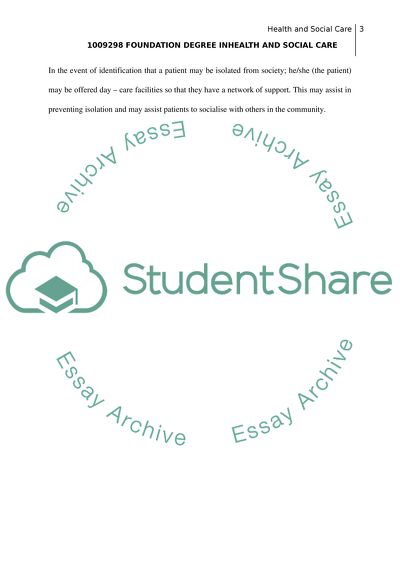Cite this document
(“PRINCIPLES OF CARE Essay Example | Topics and Well Written Essays - 1500 words”, n.d.)
Retrieved from https://studentshare.org/family-consumer-science/1419242-principles-of-care
Retrieved from https://studentshare.org/family-consumer-science/1419242-principles-of-care
(PRINCIPLES OF CARE Essay Example | Topics and Well Written Essays - 1500 Words)
https://studentshare.org/family-consumer-science/1419242-principles-of-care.
https://studentshare.org/family-consumer-science/1419242-principles-of-care.
“PRINCIPLES OF CARE Essay Example | Topics and Well Written Essays - 1500 Words”, n.d. https://studentshare.org/family-consumer-science/1419242-principles-of-care.


